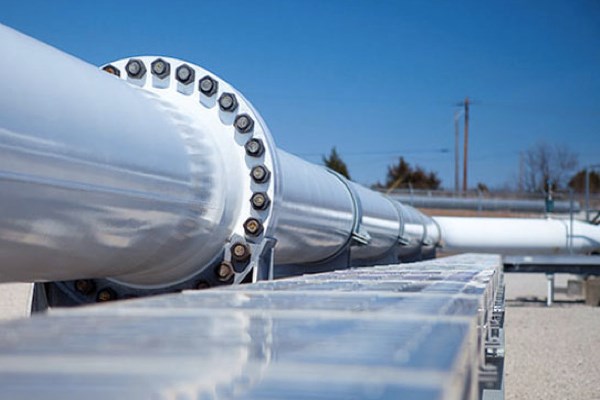Common Voice Northwest, a regional special interest group, is asking for the public’s help to pinpoint and define “significant water crossings” and sensitive areas along the route of the proposed Energy East pipeline.
The group received intervenor funding from the National Energy Board (NEB) and has hired KBM Resources Group of Thunder Bay as their consultants to develop a northwestern Ontario definition as to what a significant crossing is.
In a Dec. 30 news release, Common Voice Northwest said TransCanada Pipelines has promised to provide enhanced protection to areas where the pipeline will span a significant water crossing.
Public meetings are scheduled for 12 communities beginning Jan. 16 in Nipigon and running to Jan. 27 in Ignace. Details can be found at www.kbmrg.com/energyeast.
KBM also plans to meet with municipal and First Nation leaders, along with provincial government reps, who have knowledge of the ecology, wildlife, fisheries and potable water sources along the route.
“We will need to rely on the public and officials, particularly those who use the land and understand its true nature, to inform us as to the elements in their area that will need to be protected in the event of a pipeline spill, should the NEB approve the conversion” said Tanice Marcella, chair of the group’s Energy East Task Force.
KBM will compile the feedback then report back to the participants prior to its finalization.They will also identify all significant areas where the NEB should require enhanced treatment.
The final results will be presented to the NEB during hearings in Thunder Bay and Kenora.
The Energy East Pipeline is TransCanada Energy’s proposed 4,500-kilometre-long pipeline that would deliver 1.1 million barrels of crude oil daily from Alberta and Saskatchewan to an East Coast export terminal in New Brunswick.
In Northern Ontario, an existing natural gas pipeline would be converted to one suitable for carrying oil. No new sections would be constructed in this region.




